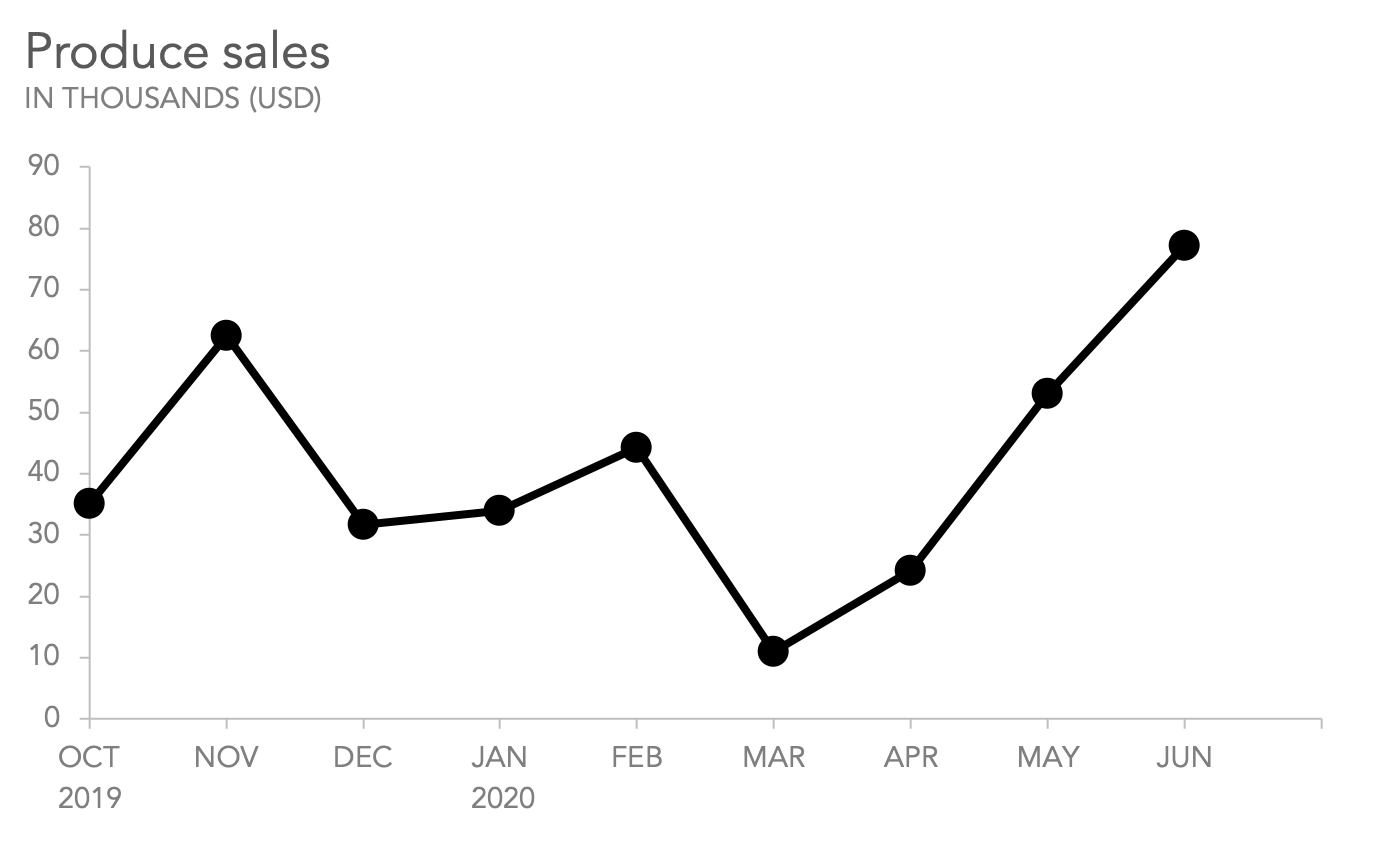process of learning about the natural world through observation and experimentation
Science
unit of force (named after a famous scientist)
Newton
the amount of space a substance or object takes up
volume
a metric unit of volume slightly smaller than a quart
liter
bar graph
the amount of matter or substance that makes up an object
mass
mass x gravity
weight
a common piece of laboratory equipment used to measure the volume of a liquid. It has a narrow round shape. Each marked line represents the amount of liquid that has been measured.
graduated cylinder
the curve at the surface of a liquid
meniscus

line graph
1000 grams = 1 ________
kilogram
an educated guess
hypotheses
the variable you manipulate or vary in an experimental study
independent variable
the number you get by adding up all of your data points and dividing by the number of data points
mean
a state of matter that has no fixed shape and no fixed volume.
gas
a force that resists the sliding or rolling of one surface over another
friction
an explanation for why things work or how things happen based on observations of the world and ideas that can be tested.
theory
a step by step empirical way of acquiring knowledge based on observation and experimentation
scientific method
the thing that changes in an experiment in response to a variable changing
dependent variable
the lowest possible temperature (theoretical) 0 K
absolute zero
summaries or statements that describe a wide range of observations and results of experiments (explain what happens rather than why it happens)
law
The force that opposes motion in between a gas or liquid
fluid friction
How to find the volume of an irregular object by dunking into a known volume of water, and the water level will increase
displacement method
a number in a set of numbers that appears the most often.
mode
the absolute temperature scale that starts at the lowest possible temperature (a theoretical situation that can not actually occur)
Kelvin
